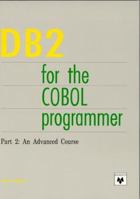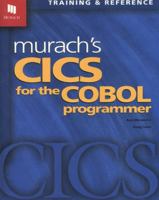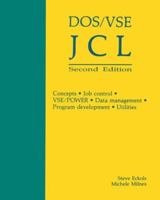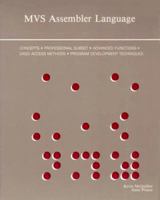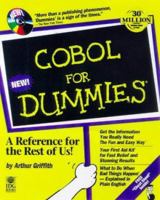DB2 for the COBOL Programmer: An Introductory Course
Select Format
Select Condition 
You Might Also Enjoy
Book Overview
Customer Reviews
Rated 5 starsThe COBOL Programmer's Bible for DB2
I purchased this book several years ago as a new Cobol/DB2 programmer. It was clearly written, with excellent, relevant examples. Highly recommended to those mainframers still out there! :-)
0Report
Rated 5 starsMakes DB2 easy to learn
If you are an accomplished COBOL programmer I highly recommend this book. It will make you feel like a professional DB2 programmer.
0Report
Rated 5 starsThis is the way to learn DB2.
If you're an applications programmer and ned to learn SQL to extract information from IBM's DB2 relational database products, this is the book for you. Don't let the size fool you; you can get through it in under a fortnight. This book contains the most of what any applications programmer working in the mainframe environment will need for all applications.
0Report
Rated 5 starsAn excellent introduction to embedded SQL for DB2
As a contract programmer, I can really appreciate a book that teaches new programming tools with a minimum of confusing, redundant, or unnecessary information. Steve Eckols' book "DB2 for the COBOL Programmer Part 1" certainly meets these standards.If you are an experienced COBOL programmer with work experience using any DBMS, whether or not it is SQL based, this book will help you to become a productive DB2 programmer in...
0Report















